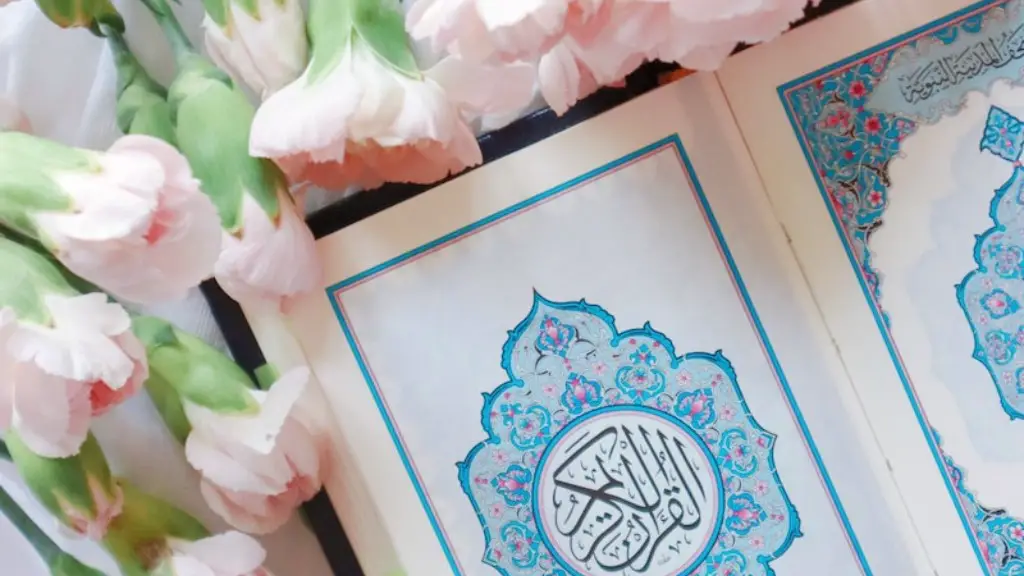Overview
Did Christianity begin in Ethiopia? This is a question that many people have asked, as Ethiopia is one of the oldest Christian countries in the world. Ethiopia is known for its unique history, culture, and religion, so it is natural for some to be curious about how Christianity came to be one of its most widely practiced faiths. To understand the origin of Christianity in Ethiopia, it is important to look at its history and culture, as well as what experts and scholars have to say on the matter.
History and Culture
Ethiopians have practiced Christianity for centuries. It was first introduced to the region during the first century AD by the Apostle Philip, a Jewish missionary. This was possible due to the travel of traders, who often brought their own ideas and beliefs with them. As Christianity became a more widely practiced faith, it became the official religion of Ethiopia under Emperor Ezana in the 4th century. This had a significant impact on the culture and lives of Ethiopians, shaping the way that they practiced Christianity for many centuries.
Since then, Christianity has remained a major part of Ethiopian life, influencing its culture, art, and many other aspects of life. It is often seen as the unifying factor for many of the different ethnic and cultural groups in the country. This is why it is often referred to as the “religion of the people.”
Scholarly Analysis
When it comes to the origin of Christianity in Ethiopia, scholars have come up with a variety of theories. Some believe that the practice of Christianity was spread from other parts of the world, such as the Mediterranean or the Middle East. Others believe that Ethiopian conversion to Christianity was an indigenous phenomenon, with the native people of the region developing their own unique practice of Christianity over time.
There is also evidence to suggest that Ethiopian Christianity has evolved over time, influenced by both indigenous beliefs and external sources. For example, some of the practices of the Ethiopian Orthodox Church today, such as the use of images in worship, were not present during the early days of Christianity in Ethiopia. This suggests that over time, different aspects of the faith have been influenced by external cultures and beliefs.
Experts Perspectives
When looking at the origin of Christianity in Ethiopia, many experts and scholars also take into account the beliefs and practices of the people in the region. For instance, Ethiopian traditions of baptism, the veneration of martyrs, and the use of certain symbols have all been found to be present prior to the introduction of Christianity in the region. This suggests that some of the beliefs and practices of contemporary Christianity in Ethiopia could have been adapted from pre-Christian traditions.
Many experts also point to the unique social and political environment of the region as another factor that likely influenced the spread of Christianity. In the 4th century, Ethiopia was a powerful kingdom, and the establishment of Christianity as the official religion of the kingdom gave it a great deal of power and influence in the region. This could have helped to facilitate the spread of the faith to the people of Ethiopia.
Own Insights and Analysis
Based on the evidence, it is impossible to definitively answer the question of whether Christianity began in Ethiopia or not. However, it is clear that the religion has had a significant influence on the country’s culture and society. This is evident in the fact that many of the traditional beliefs and practices of Ethiopians have been adapted and blended with Christianity, creating a unique and vibrant practice of the faith.
It is also clear that there were various factors and influences that likely contributed to the spread of Christianity in Ethiopia, from traders and migrants to the political and social environment of the region. All of these elements likely played a role in the evolution of Christianity in the region, and it is likely that this evolution will continue as society and culture change.
Continuation
The book, The History of Christianity in Ethiopia, by John B. Rogers, provides an in-depth look at the history of Christianity in Ethiopia. In this book, Rogers argues that Christianity first arrived to Ethiopia through the work of the early Christian missionaries. He also places particular emphasis on the role of the Ethiopian Orthodox Church in shaping the faith in the region. Rogers argues that the Ethiopian Orthodox Church, in particular, has had a distinct influence on many aspects of Christianity in the region.
Impact of Christianity
Today, Christianity is the largest religion in Ethiopia, with more than half of the population identifying as followers of the faith. Christianity has had a significant impact on the culture and society of Ethiopia, from influencing its art and literature to its political institutions and values. Christianity has also had a significant impact on the economic and social development of Ethiopia, serving as an important source of hope and optimism for many people in the region.
Persecution
Despite the significant impact that Christianity has had in Ethiopia, its followers have also been the targets of persecution and discrimination. Ethiopia is currently home to a large population of refugees and persecuted minorities, many of whom have experienced discrimination due to their Christian faith. Despite this, Christians in the region continue to practice their faith and participate in society in many ways.
Evolution
The practice of Christianity in Ethiopia has also evolved over time. As society has changed and new traditions and beliefs have emerged, Christians in the region have adapted their religious practices to reflect the changes in their culture. This has resulted in a diverse range of religious practices and beliefs, with some being traditional and others drawing from various other sources.
